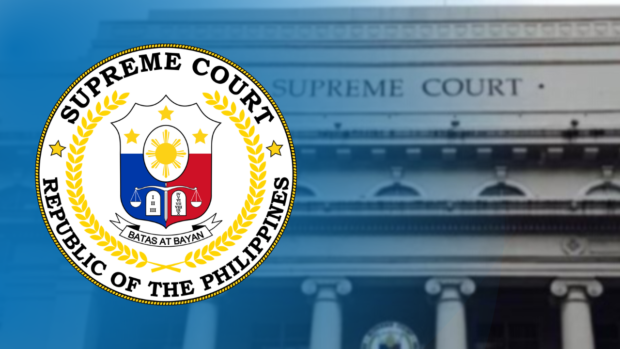SC eyes revision of code of conduct for judges
MANILA, Philippines — After approving a new code of conduct for lawyers, the Supreme Court now plans to revise the Code of Judicial Conduct, which mandates the behavior and conduct of judges.
Chief Justice Alexander Gesmundo said that a committee headed by Associate Justice Maria Filomena Singh will review the current code and propose revisions, which are adjusted according to the present situation, including the use of social media platforms by members of the judiciary.
He added that the high court hopes to conduct regional consultations with stakeholders and organize a national summit to revise the code.
In a statement, Gesmundo emphasized that members of the judiciary are unique among all civil servants, as the Constitution requires them to possess and observe the virtues of competence, integrity, probity and independence.
He cited the Judicial Integrity Board (JIB), which was created to prevent corruption and strengthen integrity in the judiciary.
Article continues after this advertisementHe added that the high court immediately addressed all complaints and allegations received by the JIB, including those filed by anonymous parties.
Article continues after this advertisementThe high tribunal recently approved the Code of Professional Responsibility and Accountability (CPRA), which replaced a 34-year-old guide that governs the conduct of lawyers.
The high court said it continues with its efforts to disseminate to the public the Strategic Plan for Judicial Innovations 2022-2027 or the SPJI, the court’s blueprint for judicial reform.
“The SPJI is our contribution in bridging and building a progressive future not just for the Judiciary but for the whole country as well. Through it, we hope that Filipinos from all sectors and all walks of life will be able to enjoy the full benefits of an effective and efficient judicial system, for long-lasting peace for all,” Gesmundo said.
“The SPJI is only the beginning, but we believe it will set the groundwork for an ever-improving Judiciary. By improving the Judiciary’s ability to serve the public through increased efficiency, continuing innovation, and measures to ensure the accessibility of the courts to all, the Judiciary will better realize its duty of dispensing justice and safeguarding human and constitutional rights,” he added.
